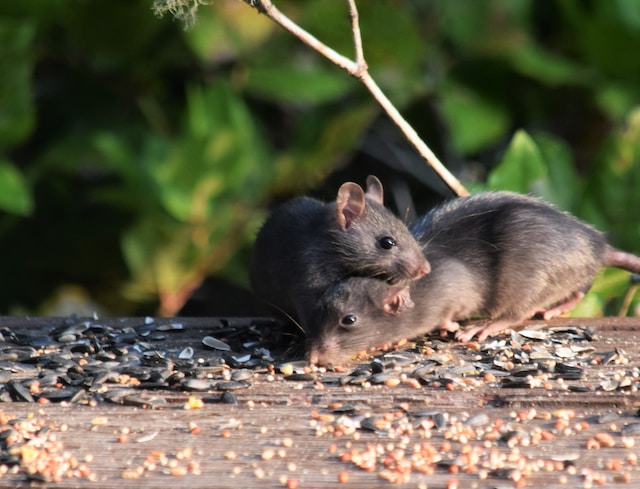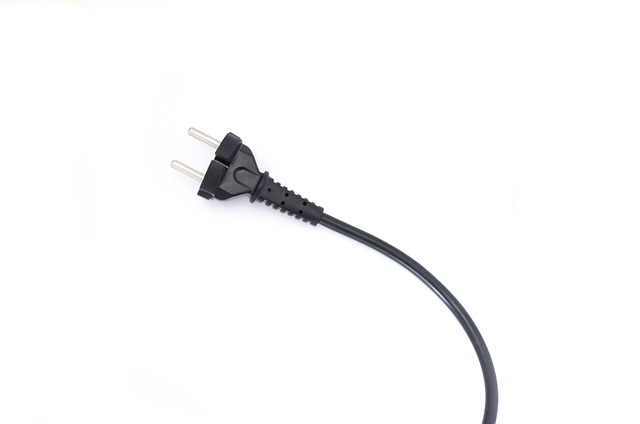
Rodent infestations are unfortunately uncommon occurrences, and North Carolina, with its varied ecosystems, is no exception. While known for its vibrant community and beautiful landscapes, Raleigh, the state’s capital, also grapples with rodent-related challenges.
In this comprehensive guide, we will delve into the world of rodent infestations, from understanding the different types of rodents involved to exploring the potential risks and offering solutions tailored to Raleigh and the North Carolina region.
The Sneaky Culprits: Types of Rodents In North Carolina
In North Carolina, some of the most common culprits include:
Norway Rats (Rattus norvegicus)
Norway rats, commonly called brown rats, are prominent in many urban and rural areas. These rodents are larger than their distant cousins, the house mice, and their adaptability to various environments has earned them a notorious reputation.
Among the common rodents, these pests are the heavyweight champions. They are known for their robust build, measuring 7-10 inches long, with an additional 6 to 8 inches added by their tails. Their fur is brown or gray, and they have small ears, scaly tails, and tiny eyes.
Norway rats are highly adaptable creatures and thrive in urban and rural environments. For example, residential basements provide an ideal shelter for these rodents, offering darkness, warmth, and proximity to food sources.
In urban settings, they can be found in sewers, taking advantage of underground tunnels and pipes. Commercial properties, including restaurants and warehouses, offer food and shelter away from outside threats.
Roof Rats (Rattus rattus)
These rats are known for their long, slender bodies and prefer higher spaces, distinguishing them from their burrowing cousins, the Norway rats.
Sleek and agile, roof rats are excellent climbers, accessing homes through openings in roofs, attics, and other high entry points.
In fact, roof rats are notorious for their ability to explore vertical spaces with ease. They often use tree branches, power lines, and vines to access homes and buildings. They can cause significant problems once inside by gnawing on wires and damaging insulation and stored items.
Additionally, roof rats are known carriers of diseases and can transmit pathogens through their droppings, posing health risks to those exposed to their presence.
House Mice (Mus musculus)
While they may seem harmless due to their size, house mice can reproduce rapidly, leading to a substantial infestation in a short period.
Mice are notoriously curious and can squeeze through minuscule cracks or holes to enter your home for food. Their quick adaptability to their environments and small size make them a tricky pest to keep out and control.
In addition to structural damage caused by their gnawing behavior, house mice can pose a significant health risk. They are known carriers of diseases such as salmonellosis and hantavirus, which can be transmitted through their droppings, urine, and saliva.
The North Carolina Landscape: A Haven for Rodents
North Carolina’s diverse geography and climate create a suitable environment for rodents to thrive. The state’s mild winters and urban and suburban landscapes offer a welcoming habitat for these pests.
The Raleigh area, in particular, with its mix of urban and suburban spaces, provides plenty of hiding spots and access to food sources, making it an ideal location for rodent infestations to take root.
Moreover, the state’s rich agricultural heritage contributes to rodent infestations. Fields and farms can provide rodents with ample food sources, and when the seasons change, some may migrate to residential areas in search of shelter and sustenance.
The Risks Associated with Rodent Infestations
Rodent infestations are not just an inconvenience; they come with a set of potential health and safety risks:

Disease Transmission
Rodents can carry various diseases, such as hantavirus, leptospirosis, and even the bubonic plague, though the latter is exceptionally rare. The close proximity of rodents to humans and their potential for contaminating food and surfaces create opportunities for disease transmission.
Property Damage
Rodents are not just a threat to your health but also to your property. They can chew through electrical wires, insulation, and even structural elements, leading to costly repairs.
Contamination
Rodents contaminate food and cooking surfaces with their urine, feces, and hair. This poses a health risk and can lead to foodborne illnesses.
Psychological Stress
Living with a rodent infestation can cause psychological stress. The noises they make at night, the constant fear of encountering them, and the awareness of their presence can be mentally distressing.
Effective Rodent Control in Raleigh, North Carolina
Addressing rodent infestations in Raleigh, North Carolina, requires a strategic approach that considers the local environment and challenges specific to the area. Here are some effective strategies:
- Seal Entry Points: Inspect your home or building for potential entry points. Rodents can squeeze through small openings, so seal cracks and gaps with durable materials.
- Proper Sanitation: Keep your property clean, especially where rodents are likely to forage for food. Secure garbage cans, store food in rodent-proof containers and promptly clean up crumbs and spills.
- Traps and Baits: Utilize traps and baits as part of your pest control strategy. Different rodents may require further methods, so choosing the right ones is essential.
- Professional Pest Control: For stubborn or recurring infestations, consider enlisting the services of a professional pest control company in Raleigh with expertise in rodent control. They can provide comprehensive solutions and tailor treatments to your specific needs.
- Regular Maintenance: Maintaining a rodent-free property is an ongoing effort. Regular inspections, sanitation practices, and preventive measures will help ensure long-term success.
Effective rodent control is crucial for preserving your property and health in Raleigh, North Carolina, as in any other location. To protect your home and family, contact us at Innovative Pest Solutions, Ralegh’s top pest control company!





